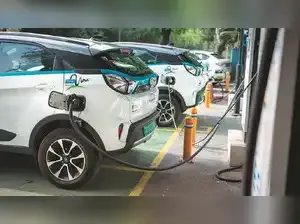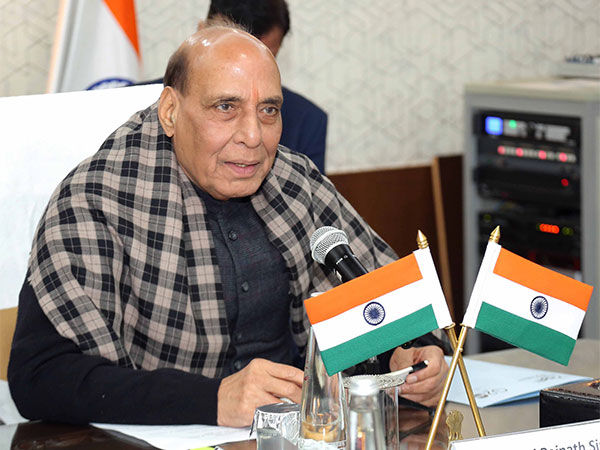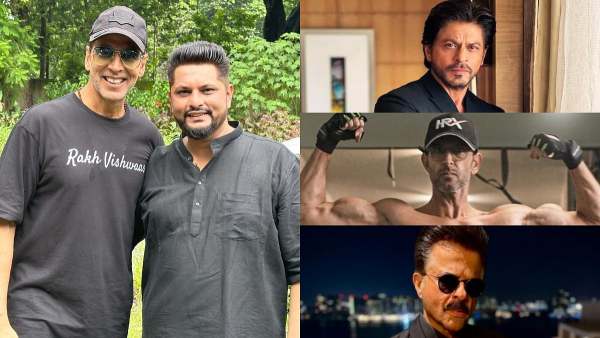India’s nascent electric vehicle market is posing a distinct challenge for automakers—how to balance consumer demand with product offerings.
While the current success of EVs is rooted in affordable models, priced below ₹15 lakh, the upcoming pipeline of electrics seems to be steering in the opposite direction, with companies such as Maruti Suzuki, Tata Motors and Mahindra & Mahindra preparing to test consumer appetite for pricier models. This is despite the clear preference for more budget-friendly options, with EVs under ₹15 lakh comprising 57% of sales currently.
Data collated by Jato Dynamics, an automotive market research firm, shows upcoming launches of Mahindra's XEV 9e (₹21.9-30.50 lakh) and BE 6 (₹18.9-26.90 lakh), Tata’s Safari EV (₹32 lakh), and Maruti’s eVitara (₹17-22.50 lakh), underscoring the trend towards upscale models.
This raises a crucial question: Will the growing middle class, the demand driver for affordable electric cars in India, take to the pricier models?
Companies are facing the dual challenge of not only offering high-end features for premium buyers but also retaining their stronghold in the key value-driven segment that has been the primary driver of EV sales so far.
“The upcoming launches will be critical in determining whether India’s electric future is driven by the premium segment or whether mass-market, affordable models will continue to dominate the market,” says Ravi Bhatia, president, Jato Dynamics.
The key factor in this changing market dynamics could lie in offering smart, high-end features that appeal to discerning buyers, convincing them to make the switch to electrics, says Bhatia, adding the next few months could determine the trajectory of the EV market.
Demand for premium vehicles is rising in India thanks to a growing number of households with enhanced discretionary incomes and aspirations. This is spurring carmakers such as MG Motor which plans to launch the Cyberster and M9 electric models over the next few months.
“With the launch of the Windsor, and battery-as-a-service (BaaS), we developed a solution for incremental acquisition cost of EVs by splitting the cost of the battery through smart finance programmes,” says Rajeev Chaba, CEO emeritus, JSW MG Motor India. Noting weak vehicle resale as one of the challenges in EV adoption, Chaba says the company has sought to address this through the 3-60 buyback plan.
Indian automakers’ strategy to go upmarket for electrics mirrors China’s experience, where McKinsey’s latest Auto Consumer survey shows premium vehicle owners are switching to feature-rich EVs. Local manufacturers are hoping to replicate this, even as they maintain their strong presence in value segments, say experts.
Delhi Elections Live
Delhi Election Results
Top battlegrounds: What's happening where
D-day for Delhi: Top newsmaking moments
Data collated by Jato Dynamics, an automotive market research firm, shows upcoming launches of Mahindra's XEV 9e (₹21.9-30.50 lakh) and BE 6 (₹18.9-26.90 lakh), Tata’s Safari EV (₹32 lakh), and Maruti’s eVitara (₹17-22.50 lakh), underscoring the trend towards upscale models.
This raises a crucial question: Will the growing middle class, the demand driver for affordable electric cars in India, take to the pricier models?
Companies are facing the dual challenge of not only offering high-end features for premium buyers but also retaining their stronghold in the key value-driven segment that has been the primary driver of EV sales so far.
“The upcoming launches will be critical in determining whether India’s electric future is driven by the premium segment or whether mass-market, affordable models will continue to dominate the market,” says Ravi Bhatia, president, Jato Dynamics.
The key factor in this changing market dynamics could lie in offering smart, high-end features that appeal to discerning buyers, convincing them to make the switch to electrics, says Bhatia, adding the next few months could determine the trajectory of the EV market.
Demand for premium vehicles is rising in India thanks to a growing number of households with enhanced discretionary incomes and aspirations. This is spurring carmakers such as MG Motor which plans to launch the Cyberster and M9 electric models over the next few months.
“With the launch of the Windsor, and battery-as-a-service (BaaS), we developed a solution for incremental acquisition cost of EVs by splitting the cost of the battery through smart finance programmes,” says Rajeev Chaba, CEO emeritus, JSW MG Motor India. Noting weak vehicle resale as one of the challenges in EV adoption, Chaba says the company has sought to address this through the 3-60 buyback plan.
Indian automakers’ strategy to go upmarket for electrics mirrors China’s experience, where McKinsey’s latest Auto Consumer survey shows premium vehicle owners are switching to feature-rich EVs. Local manufacturers are hoping to replicate this, even as they maintain their strong presence in value segments, say experts.









